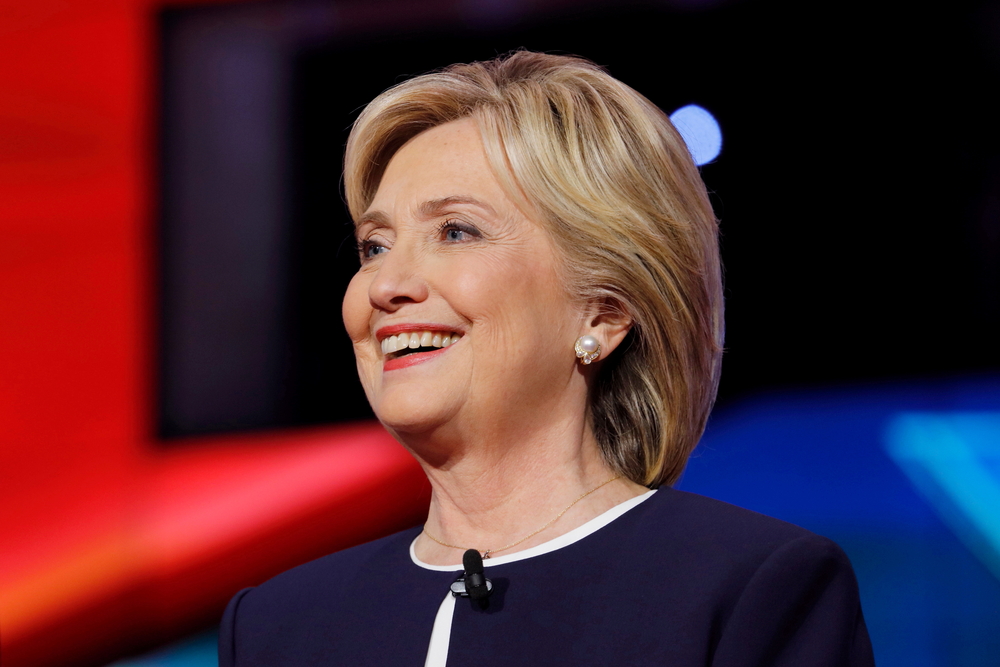Former Secretary of State and 2016 presidential candidate Hillary Clinton wants to be pro-business, but believes that shouldn’t mean being anti-consumer. She lays out the specifics of this philosophy in an exclusive article she wrote for Quartz.
In the article, she cites examples in certain industries where consumers may be getting the short end of the stick. For example, she says pharmaceutical corporations have raised the price of medications in use for decades “by up to 5,000% overnight….” She says the three largest health insurers now control 80% of the market in 37 states.
And she says that despite oil prices halving over the past year to $50 a barrel, the four major airlines (a number she notes is down from 10 major airlines 15 years ago) “are charging as much as ever for tickets, even as they hit travelers with extra fees for everything from checking a suitcase to picking a seat when they fly home for the holidays.”
Clinton’s airline reference takes up just one paragraph in a lengthy article that discusses her views on modern American capitalism — both its virtues and areas she believes are in need of improvement. But that one paragraph caught the attention of Ben Hirst, executive vice president – Corporate Affairs and special counsel for Delta Air Lines.
Hirst responds to Clinton in a blog post on Delta’s website titled, “Sorry, Airlines Aren’t ‘Charging as Much as Ever.’” Hirst writes, “The average airline fare in 2014 was about $400, including fees. This was $50 lower than the average fare 15 years ago, adjusted for inflation. And average fares in the U.S. today are 7% lower than they were a year ago.”
While Clinton points to the consolidation in the industry over the past 15 years, Hirst argues it was a good thing for airlines. “The fragmented airline industry of 15 years ago not only produced higher fares for consumers,” he writes, “it led to $65 billion in airline losses over the next nine years, and 142,000 lost middle-class jobs.”
He continues, “Thanks to airline mergers, the large airlines are more competitive, more innovative, and better employers. Delta’s profits last year enabled over $3 billion in profit sharing and retirement contributions for our 80,000 employees. Industry employment has steadily increased since 2010.”
Hirst concludes, “Concentration may be a problem in some industries, but airline mergers brought financial stability to an industry which desperately needed it. Thanks to consolidation, at Delta we are doing exactly what Secretary Clinton prescribes for American business – innovating, creating new products, and investing in our workers.”



I’m very happy the airlines are now profitable, however it is on the backs of losing services we once had e.g. free seat selection for everyone and meals on board. It is deplorable the way we are now packed in to these airline seats with no room for our knees; no wonder there are fights breaking out on planes with people thinking it should be reasonable for them to put their seats back. But worst of all is that the airlines are still charging a FUEL SURCHARGE on every airline ticket that was intended to help their bottom line when oil was $ 65. per barrel. Let’s get rid of the fuel surcharge.